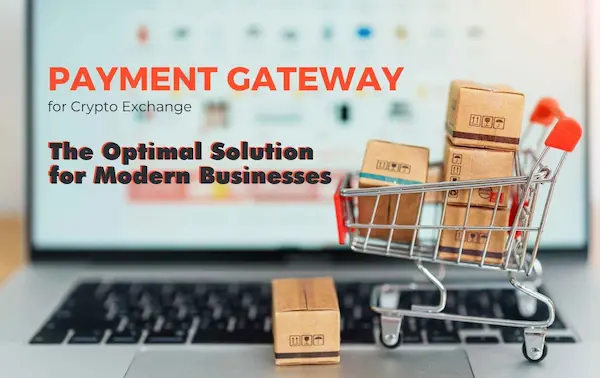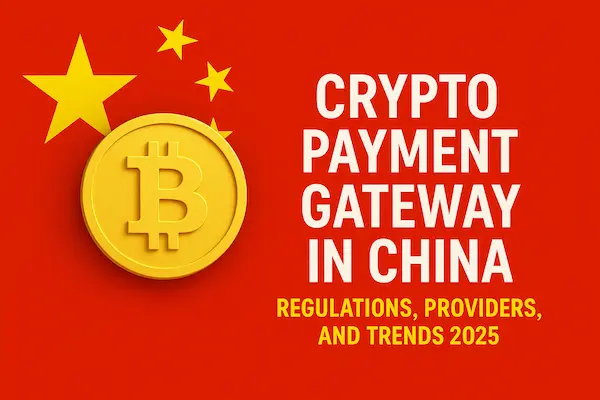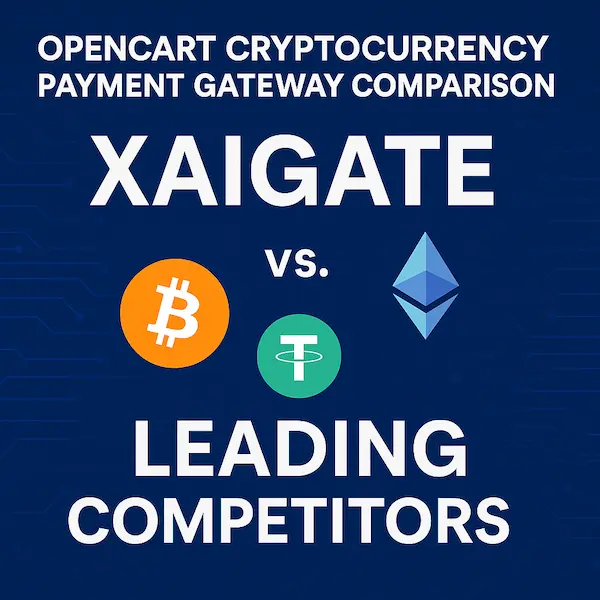One of the technological challenges online shops confront is choosing the best payment gateway to accept international payments. It’s about pinpointing the perfect financial partner for your unique business DNA. Feeling overwhelmed by endless payment gateway options while your international customers wait at checkout? You’re not alone. The decision to start selling overseas is a big one for any company. The process requires far more strategic planning than it may seem at first.
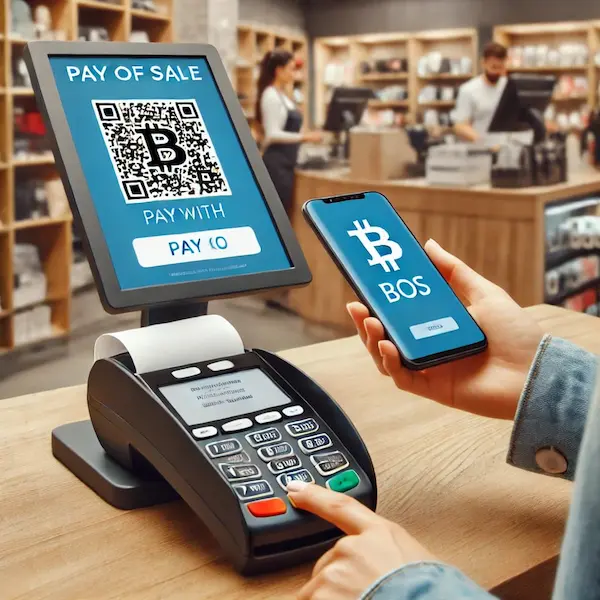
Contents
- 1 Selling Abroad Is Profitable
- 2 The best payment gateway to accept international payments is necessary
- 3 Essential Components of an International Payment Gateway
- 4 Expanding with XAIGATE: The International Payment Gateway
- 5 Implementation Made Painless
- 6 The Urgent Need for Inclusive Cross-Border Payment Solutions in 2025
- 7 How Policy Shifts and Technology Trends Are Reshaping Payment Strategies
- 8 Conclusion: The Strategic Advantage of XaiGate in Today’s Global Payment Landscape
Selling Abroad Is Profitable
Although it is often known that e-commerce is growing, not everyone is aware that the proportion of international online transactions is also increasing. Using Europe as an example, figures show that approximately ¼ of European internet sales are already cross-border, and 60% of online shoppers currently buy from foreign websites.
If selling internationally looks riskier than remaining in your home market, why would you do so? Simply take into account these factors:
- You can reach a wider range of customers more easily because translating and localizing your offering takes less time than launching new product lines;
- You can diversify risk because you are no longer dependent on the state of one economy;
- you may face less competition overseas because markets vary in terms of saturation; and
- your target market may be overseas because foreigners may have stronger needs or higher purchasing power.
However, it’s crucial to remember that a successful foreign expansion depends on selecting the right target markets. In-depth market research is required to choose profitable markets that are also reasonably easy to enter. The decisions you make about business development lead to higher income.

International Payment Gateway Comparison Table
| Feature / Criteria | Description |
|---|---|
| Main Challenge | Selecting the best international payment gateway is like choosing the ideal financial partner that fits your business DNA. |
| Primary Focus | Must support seamless plug-in integration with e-commerce platforms and deliver a smooth, secure, and effective checkout experience. |
| Fee Transparency | Look for gateways offering clear and competitive pricing—low fees without hidden charges. |
| Multi-Currency & Global Reach | Should support multi-currency payments, local payment methods, and cover the countries you target. |
| Security & Fraud Prevention | Look for PCI DSS compliance, encryption, fraud detection, 3DSecure, and robust security protocols. |
| Ease of Integration | Prefer gateways with plugins or APIs for major platforms, enabling fast and easy setup. |
| Settlements & Payouts | Evaluate settlement timeframes and payout options to maintain healthy cash flow. |
| Best Overall Options (from other sources) | Examples include Stripe (best overall), Adyen (local payments & processing rates), PayPal (add-on convenience), Braintree (recurring payments), Helcim (fee optimization). |
The best payment gateway to accept international payments is necessary
Once you’ve decided to play the global game, the technical issues seem to go on forever. Prior to choosing sales and marketing strategies or logistics, you should think about the best payment gateway to accept international payments. If you are not familiar with the term “What is a Payment Gateway?” read this post for a thorough explanation.
This piece is about selling overseas on your own website, where you won’t have to split the profits with big tech, but you won’t have to worry about it if you want to sell overseas on Amazon, eBay, or any other marketplace. Even if you use e-commerce software like Woocommerce, you still need to choose the finest international payment gateway, meaning one that will allow your customers to successfully execute international online transactions.
International Payment Gateway Comparison Table
| Criteria / Feature | Stripe | PayPal | Adyen | Braintree | 2Checkout (Verifone) |
|---|---|---|---|---|---|
| Supported Countries | 45+ countries, wide coverage in EU/US, APAC expansion | 200+ countries, very strong coverage | 40+ countries, strong EU and Asia focus | 45+ countries, global reach | 200+ countries, global |
| Currencies Supported | 135+ | 25+ | 150+ | 130+ | 100+ |
| Pricing Structure | ~2.9% + $0.30 per transaction (domestic), intl. fees extra | ~3.49% + fixed fee (varies by country) | Custom pricing based on volume & risk | ~2.9% + $0.30, discounts for volume | ~3.5% + $0.35, tiered rates |
| Settlement Speed | 2–7 business days depending on region | Instant to PayPal wallet; 2–5 days to bank | 1–3 days in supported regions | 2–7 days | 1–7 days |
| Integration & APIs | Excellent API docs, plugins for Shopify, WooCommerce, Magento | Easy integration, strong e-commerce plugins | Advanced API, good for enterprise | Developer-friendly, easy for recurring payments | Easy API, wide platform support |
| Security & Compliance | PCI DSS Level 1, 3D Secure 2, machine learning fraud detection | PCI DSS compliant, 3D Secure, Seller Protection | PCI DSS Level 1, risk management tools | PCI DSS Level 1, fraud tools | PCI DSS Level 1, 3D Secure |
| Multi-Currency Capability | Yes, automatic conversion or display in buyer’s currency | Yes, but conversion fees apply | Yes, strong local currency support | Yes, with auto conversion | Yes, supports multiple pricing models |
| Recurring / Subscription Payments | Yes, built-in billing system | Yes, via PayPal Subscriptions | Yes, flexible recurring models | Yes, native subscription tools | Yes |
| Best For | Tech startups, SaaS, marketplaces | Small businesses, freelancers, global e-commerce | Large enterprises, global brands | Subscription businesses, marketplaces | Digital goods, cross-border retailers |
Essential Components of an International Payment Gateway
Naturally, you should list the best payment gateway to accept international payments, but what exactly should you look for? What features should the best payment gateway for international transactions have? All consumers appreciate a few characteristics, despite the fact that every market is different.
We’ve already discussed the essential features of payment gateways in general and those designed for subscription-based companies. When selling overseas, online businesses have additional challenges, which leads to a longer list of required attributes.
Expanding with XAIGATE: The International Payment Gateway
At XAIGATE, cross-border sales are the way of the future for online shopping. By providing online payment solutions tailored to the requirements of global business, XAIGATE assists retailers who sell internationally.
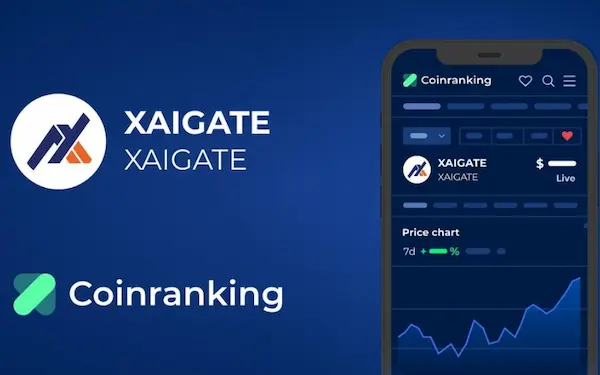
Implementation Made Painless
Switching providers often triggers operational nightmares. Leading solutions counter this with:
- Pre-built E-commerce Plugins: 1-click integration for Shopify, WooCommerce, Magento
- Unified Crypto/Fiat Accounts: Manage all funds through single dashboard
- Smart Invoice System: Self-updating invoices with real-time exchange rates
Comparison Table: XaiGate vs Traditional & Fintech Gateways for Cross-Border Payments
| Criteria / Feature | XaiGate | PayPal | Wise (TransferWise) | Western Union | Bank Wire (SWIFT) |
|---|---|---|---|---|---|
| Primary Focus | Cross-border e-commerce & SME support, optimized for underserved regions | General online payments & P2P | Low-cost international money transfer | Cash & bank transfers globally | Bank-to-bank global transfers |
| Coverage in Rural/Remote Areas | High — partnerships with local payment agents & mobile wallets | Limited — depends on internet & PayPal account access | Moderate — needs bank account, limited cash-out | Very High — 500,000+ agent locations | Low — bank branches only |
| Supported Countries | 100+ | 200+ | 170+ | 200+ | 190+ |
| Currencies Supported | 80+ | 25+ | 50+ | 130+ | 40+ |
| Transaction Fees | ~0.2% cross-border (transparent, no hidden fees) | ~3.49% + currency conversion fee | 0.35%–1.65% + fixed fee | High — often 5%–8% effective rate | $15–$50 flat fee per transfer |
| Settlement Speed | 1-5 mins | Instant wallet to wallet; 2–5 days to bank | 1–2 days | Minutes to hours (cash pickup) | 2–5 business days |
| Integration for Merchants | API, plugins for WooCommerce, Shopify, custom checkout | Plugins for major e-commerce platforms | API for transfers (not full checkout) | No merchant integration | No merchant integration |
| Local Payment Methods | Yes — mobile money, cash pickup, local bank transfers | No — card or PayPal account only | Limited — bank transfer only | Yes — cash & local bank | Limited — bank only |
| Security & Compliance | PCI DSS Level 1, AML/KYC checks, 2FA | PCI DSS, Seller Protection | FCA regulated, encryption | Licensed in 200+ jurisdictions | SWIFT network security |
| Best For | SMEs in emerging markets, e-commerce in underserved regions | Freelancers, small businesses with global clients | Personal or SME transfers at low cost | Cash-based recipients in remote areas | Large B2B transfers |
The Urgent Need for Inclusive Cross-Border Payment Solutions in 2025
Global commerce in 2025 is accelerating at a pace that leaves no room for outdated financial infrastructure. The e-commerce boom, fueled by shifting supply chains and digital adoption, is no longer confined to urban centers. Consumers in rural and semi-banked regions are entering the online marketplace at record speed — yet millions still face barriers when it comes to making or receiving cross-border payments. High transaction fees, lack of local payment options, and slow settlement times are preventing both buyers and sellers from participating fully in the global economy.
This payment gap has real consequences. For merchants, it means untapped revenue potential and abandoned carts from customers who cannot complete a transaction. For rural communities, it means being excluded from access to global products, services, and even financial empowerment. XaiGate emerges as a direct response to this urgent need. Unlike many traditional gateways that rely heavily on card networks or established banking infrastructure, XaiGate integrates mobile wallets, cash pickup networks, and multi-currency support to ensure accessibility where it matters most.
In the next phase of global trade, payment accessibility will not just influence sales — it will determine market leadership. Businesses that adapt to serve these emerging customer segments now will secure long-term loyalty and gain a first-mover advantage in regions poised for exponential growth.
Why Rural Access Matters for Global E-Commerce
Rural populations represent a fast-growing consumer segment with increasing disposable income. However, their participation in global e-commerce is hindered by limited payment infrastructure. Without localized solutions — such as mobile money or agent-based cash pickup — many of these customers are left out, even when internet access is available.
Cross-Border Payments as a Growth Catalyst
Businesses that can accept payments in local currencies and settle them quickly across borders unlock entirely new revenue streams. This is not just about convenience — it’s about expanding into markets that competitors may overlook due to logistical complexity.
Bridging the Gap Between Digital and Cash Economies
In many emerging markets, cash remains the dominant payment method. Offering hybrid payment models that combine digital processing with physical cash-out options dramatically increases trust and conversion rates for first-time online buyers.
How Policy Shifts and Technology Trends Are Reshaping Payment Strategies
The global payments landscape in 2025 is being reshaped by a combination of regulatory change, technological innovation, and evolving customer expectations. Governments are tightening financial regulations to combat fraud and money laundering, while simultaneously pushing for greater financial inclusion. At the same time, technology is enabling faster, more secure, and more adaptable payment solutions — creating both opportunities and challenges for businesses.
Payment providers that fail to adapt risk losing relevance, particularly in high-growth regions where customer needs are dynamic and diverse. In this environment, agility is no longer optional. Providers like XaiGate stand out by blending compliance readiness with technical scalability, ensuring merchants can operate confidently in multiple jurisdictions without sacrificing user experience.
Real-Time Settlement and Faster Fund Access
The demand for instant or near-instant settlements is at an all-time high. For businesses with global supply chains or high transaction volumes, waiting several days for funds can disrupt cash flow and slow operations. Providers that can consistently deliver fast settlement — without compromising on security or compliance — gain a decisive competitive edge.
Mobile-First Payment Adoption
In many markets, smartphones are not just communication devices but the primary tool for banking, shopping, and bill payments. Optimizing payment experiences for mobile — from responsive checkout flows to one-click reorders — is critical for capturing and retaining customers. XaiGate’s mobile-first integrations allow merchants to meet customers where they already are.
Trust as a Strategic Asset
With increasing cyber threats and rising transaction volumes, trust has become a market differentiator. Transparent pricing, clear communication of security protocols, and visible compliance credentials are now key factors influencing customer choice. Businesses that can demonstrate these values not only win transactions but also build long-term loyalty.
Conclusion: The Strategic Advantage of XaiGate in Today’s Global Payment Landscape
In a world where cross-border transactions are no longer a luxury but a necessity, businesses are under pressure to find payment solutions that balance cost efficiency, transaction speed, and local accessibility. For companies operating in or targeting emerging markets and rural communities, the challenge intensifies — traditional payment providers often fail to bridge the gap between global financial systems and local realities.
XaiGate emerges as a timely solution in this evolving landscape. Its ability to integrate seamlessly with leading e-commerce platforms, process payments in over 80 currencies, and support mobile wallets alongside cash pickup makes it a practical choice for merchants facing logistical and banking infrastructure hurdles. Unlike providers such as PayPal or Wise, which excel in digitally mature markets, XaiGate is engineered to perform where connectivity, banking reach, and local currency settlement are genuine obstacles.
What sets XaiGate apart is not just its transparent pricing model and competitive cross-border fees, but its on-the-ground adaptability. By partnering with local agents and payment networks, it enables SMEs to serve customers in areas where card penetration is low, internet speeds are inconsistent, and trust in digital payments is still developing. This hybrid approach — merging fintech innovation with localized execution — positions XaiGate as more than a payment gateway; it’s a growth enabler for merchants navigating high-potential but underserved markets.
With global e-commerce sales projected to surpass $7 trillion by 2025 and cross-border transactions increasingly driving that growth, the winners will be those who can expand payment accessibility without inflating operational costs. For businesses ready to capture this momentum, choosing XaiGate is not just a payment decision — it’s a market expansion strategy.
Visit XAIGATE’s website or get in touch with our staff to find out more about our product. Finding the ideal payment option for your global company will be our pleasure!

